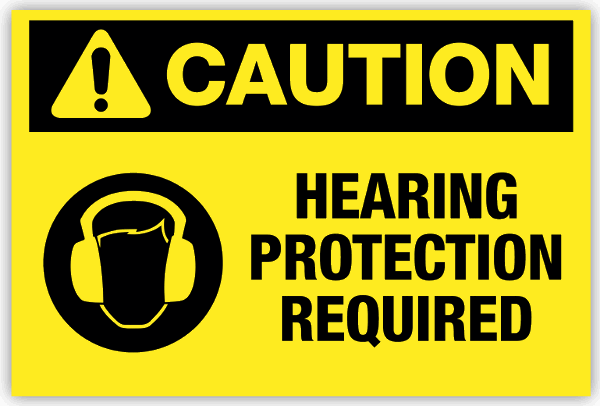Noise pollution is a serious issue that can have severe consequences on health. Noise pollution can affect the human body mainly in three different ways, Physical, Physiological and Psychological.
Physical effects of noise pollution are direct effects on a person’s health such as hearing loss or tinnitus. Most experts agree that exposure to sound more than 85 dB for hours is potentially dangerous. And it is estimated that 30 million Americans are exposed to dangerous noise levels every day. To get an idea of the different decibel levels here is a listing of different decibel levels and every day sounds that most reproduce that intensity level.
20dB Clock ticking
30dB Birdsong
40dB Quiet room
50dB Moderate rainfall
60dB Dishwasher
70dB Vacuum cleaner
80dB Alarm clock
90dB Lawnmower
100dB Pneumatic drill
110dB Rock music
120dB Car stereo
140dB Firearms
150dB Rock music peak
The cost of hearing aids in the US can range from $1,500 to $5,000. By comparison, a simple pair of earplugs cost as little as $0.50 if bought in bulk. Being mindful of the noise around us and taking simple precautions such as earplugs while mowing the lawn, and breaking up time exposed to noisy vacuums can help in the long run.
Physiological effects of noise pollution adversely affect health such as heightened blood pressure and stress. Research has shown that industrial workers regularly exposed to high noise levels have higher cases of nausea, headaches, argumentativeness, and changes in mood and anxiety. Based on the chart above, is your local landscaper wearing ear protection? Noise doesn’t just affect people during the day. Noise can affect sleep by causing restlessness and lowered REM. Studies of people that live near an airport report more stress headaches, increased blood pressure and overall being tense and edgy. Also, many studies have shown that children with chronic exposure to aircraft noise have reduced motivation and perform lower on standardized tests. It would be beneficial within a room to simply add a product like Silent Wrap to block out unwanted noises. Peace and serenity go a long way to making the mind and body a happier place.
Psychological effects of noise pollution are distractions and annoyances which can be just as disruptive as physical and physiological effects on productivity. Studies have shown that worker productivity can be decreased after noise has been switched off depending on the length of time exposed. Higher frequency noise has been found to be more of a nuisance than lower frequency noise. For example, the low rumblings of traffic can be considered background noise although screechy noises from alarms or machinery are considered a call to action. Another example of the psychological effects of noise is that many field studies have shown that the stresses that humans face in day to day life add up to a greater combined effect than simply summing the individual stressors. A simple way of reducing or knocking down high-frequency noise is to add acoustic fiberglasses such as Silent Fiber boards or Silent Ceiling Black acoustical tiles. This simple addition can relieve stress and headaches and improve productivity and happiness.
